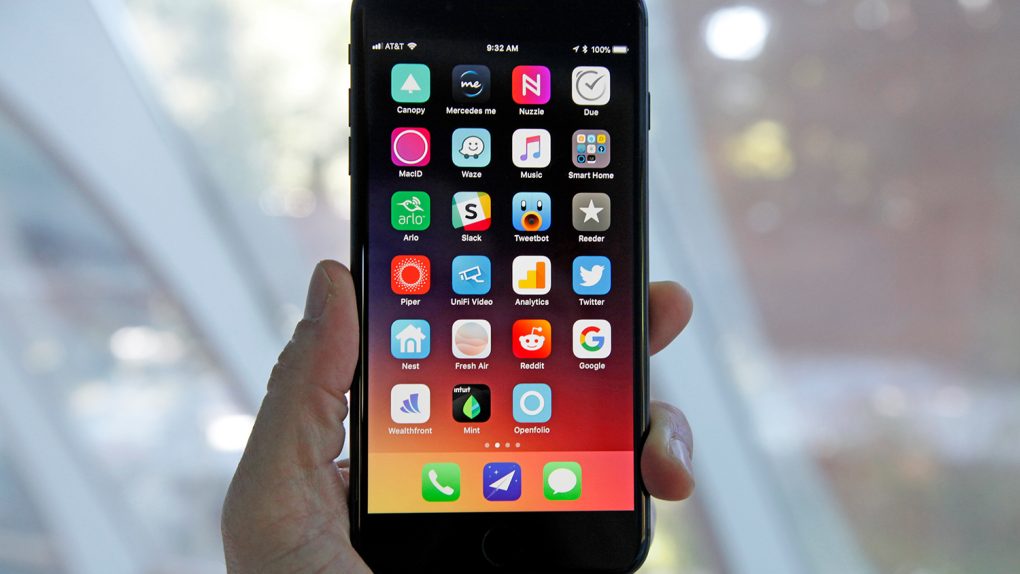A recent piece from Bloomberg argues that investors might have reason to be concerned about demand for the iPhone 8. Citing early disclosure data from AT&T financial statements, Shira Ovide relays that the number of subscribers opting to exchange older smartphones for newer models dropped by 900,000 year over year.
“The quarter included about a week of U.S. sales for Apple’s iPhone 8 models, one of two new smartphone lines the company debuted last month,” Ovide writes. “If the iPhone 8 had been a hit out of the gate, then I would have expected AT&T’s upgrade number might at least have fallen less dramatically.”
With that as a jumping off point, Ovide tosses out the idea that “Apple may have misfired with the iPhone 8” and that investors might have good reason to worry.
In reality, it’s far too early to clearly assess what’s going on. For starters, the data cited by Ovide comes from just one week of sales data, from one carrier no less. Second, and equally as important, the impending launch of the iPhone X is undoubtedly impacting demand for Apple’s iPhone 8 models. Remember, the iPhone X marks the first redesign to the iPhone form factor in more than three years. In turn, many current iPhone owners eager to upgrade are presumably waiting to get their hands on Apple’s next-gen iPhone X. Consequently, a drop off in iPhone demand for the time being is to be expected.
Echoing this point, reputed analyst Ming-Chi Kuo — who tends to have rather accurate projections regarding iPhone demand — recently issued a research note arguing that iPhone 8 sales are actually better than expected. Specifically, Kuo claims that iPhone 8 demand is exactly where it should be given that the iPhone X launch is right around the corner.
“We previously estimated the production weighting of new 2017 iPhone models at roughly 50% iPhone X and 50% iPhone 8/ 8 Plus,” Kuo’s note reads. “This matches what we believe is Apple’s (US) estimate for demand. At first glance, the combined first-week adoption rate for the iPhone 8/ 8 Plus might appear low (about half that of iPhone 6s/ 6s Plus and 7/ 7 Plus). However, this is due to the fact that the iPhone X is not included, not because iPhone 8/ 8 Plus first weekend sales have been weak.”
That said, Kuo believes that Apple in 2018 may set a new iPhone sales record. We’ll obviously have to wait a bit to see if that actually pans out, but the larger point is that it’s far too early to start pegging the iPhone 8 as a miss.







